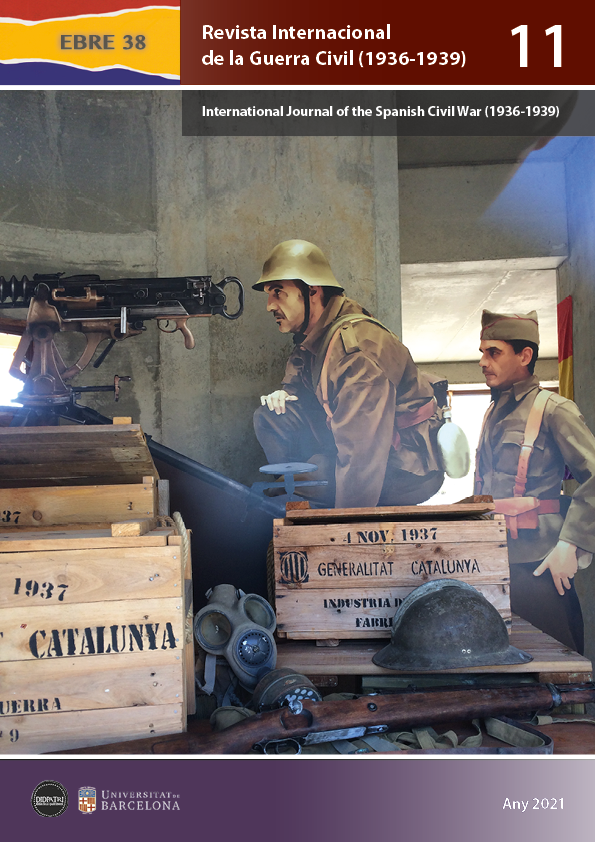La II República contra las fiebres tifoideas: vertebración del territorio y agua potable. Aproximación histórica a las políticas legislativas y preventivas, 1931-1939
DOI:
https://doi.org/10.1344/ebre38.2021.11.36883Abstract
Typhoid fever is an infectious disease related to access to drinking water, therefore, it is a disease of marked social character and closely linked to crises and economic inequalities. The social orientation of the health policies of the Second Republic deals with typhoid fevers through preventive legislation, which, above all, addresses the problem of access to drinking water in the rural world. This article tries to synthesize the responses of the republican State against an endemic problem in the field of biopolitics and focuses its main object of study in the field of preventive legislative strategies, which, by 1936, achieved a drastic reduction in mortality from typhoid fever. The Civil War is a critical context in which the government installed in Barcelona will establish mandatory vaccination against typhoid fever for the first time since November 1937Downloads
Published
2021-10-18
How to Cite
Monge Juárez, M. (2021). La II República contra las fiebres tifoideas: vertebración del territorio y agua potable. Aproximación histórica a las políticas legislativas y preventivas, 1931-1939. Ebre 38, 11(11), 111–123. https://doi.org/10.1344/ebre38.2021.11.36883
Issue
Section
Història i Arqueologia
License
The author retains the rights.
The author who publishes in this journal agrees with the following terms:
The author retains the rights of authorship and grants the journal the right of first publication of the work.
The texts will be disseminated with the Creative Commons Acknowledgment license, which allows the work to be shared, provided they recognize the authorship, the initial publication in this journal and the conditions of the license.






